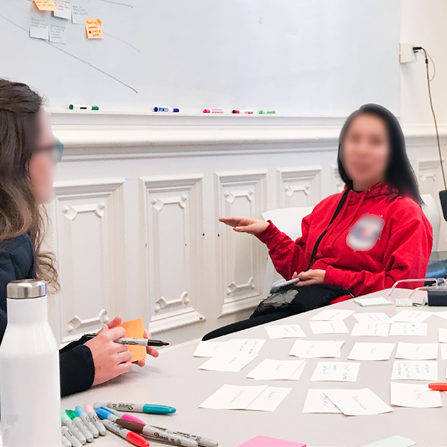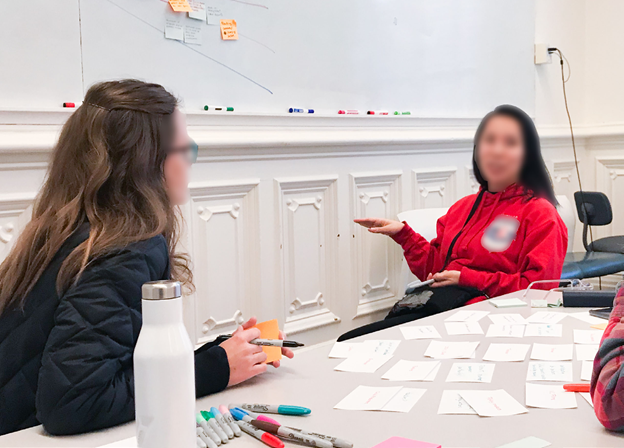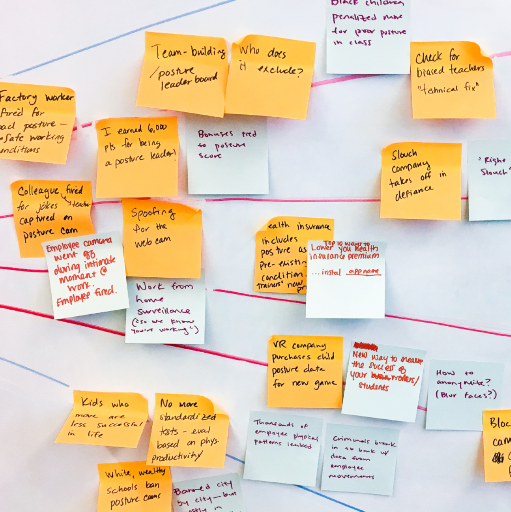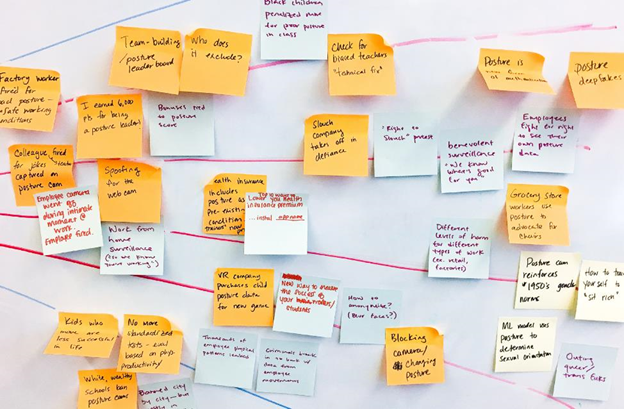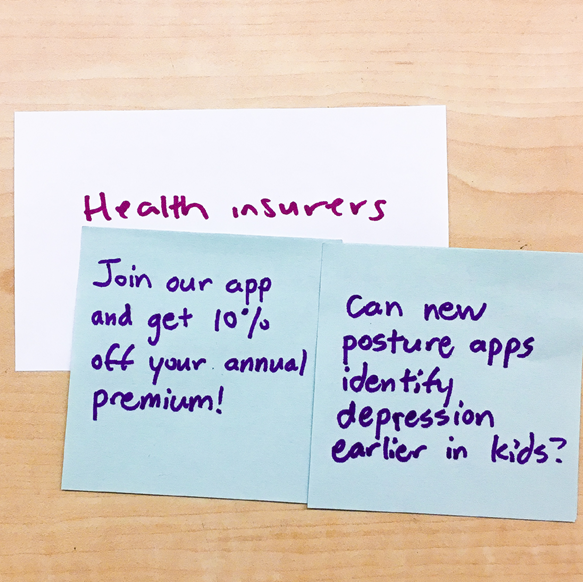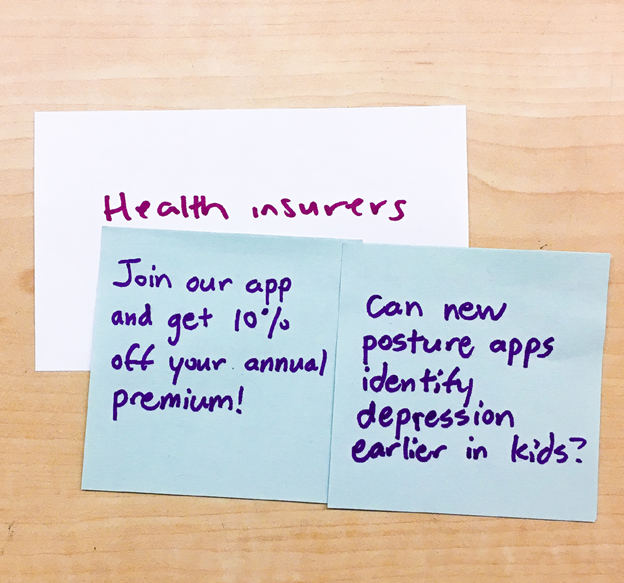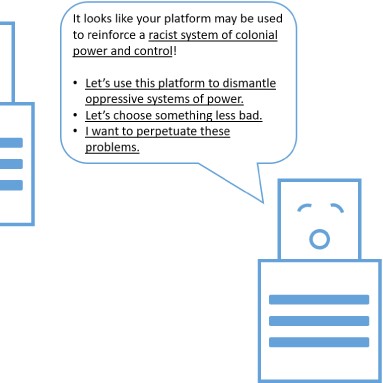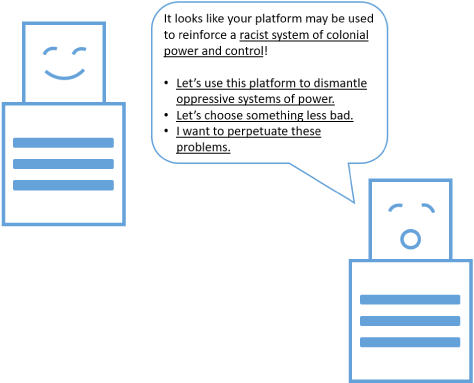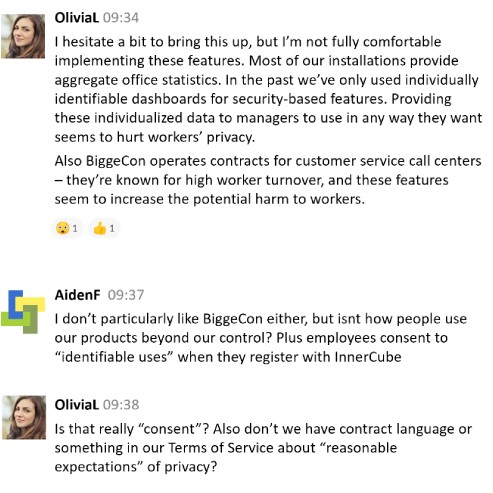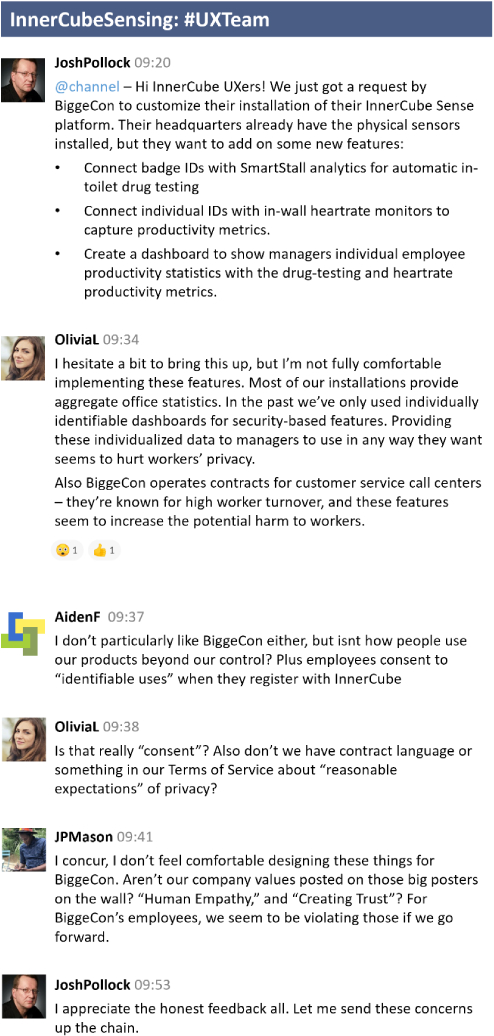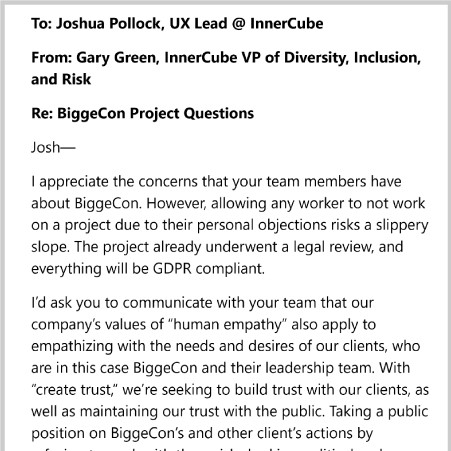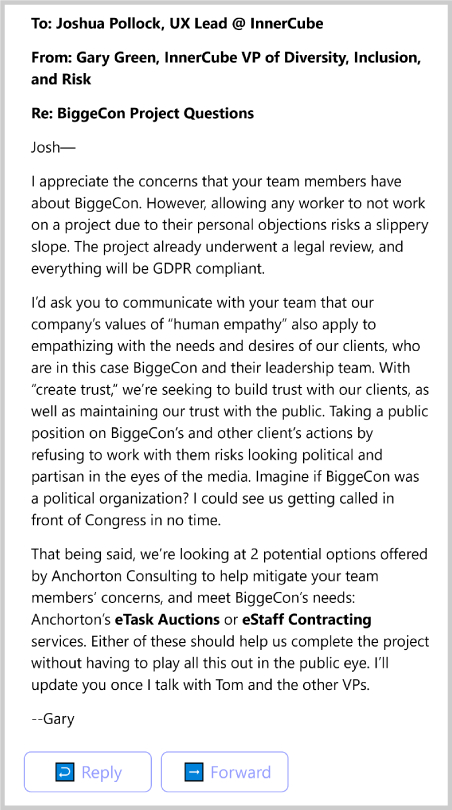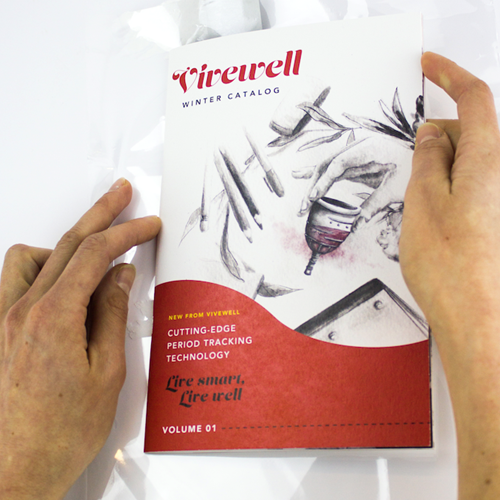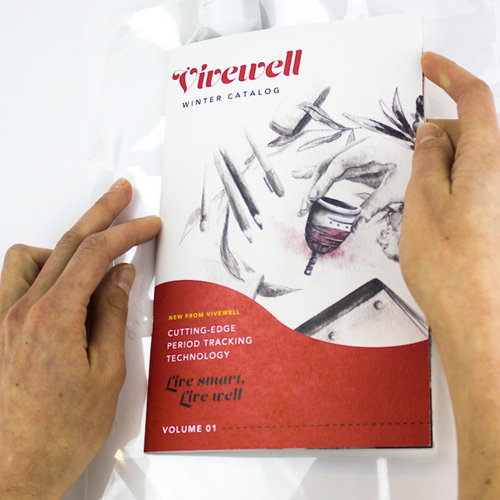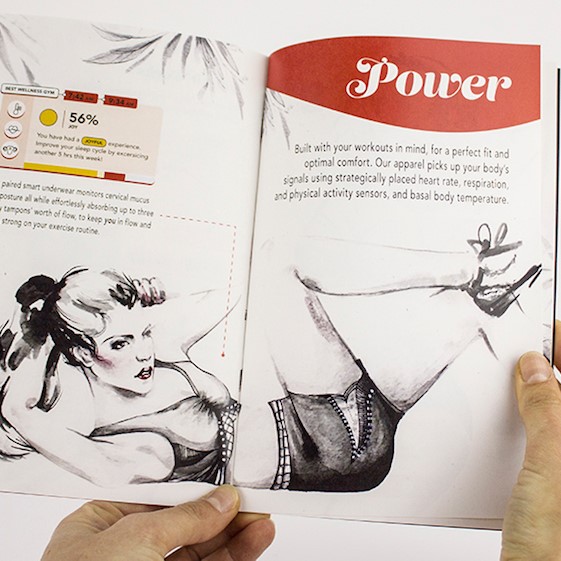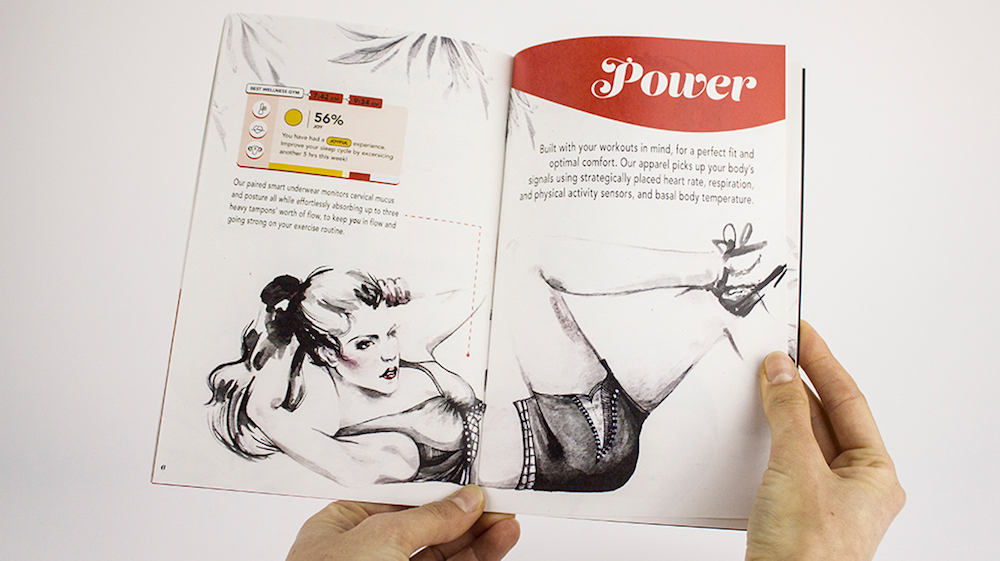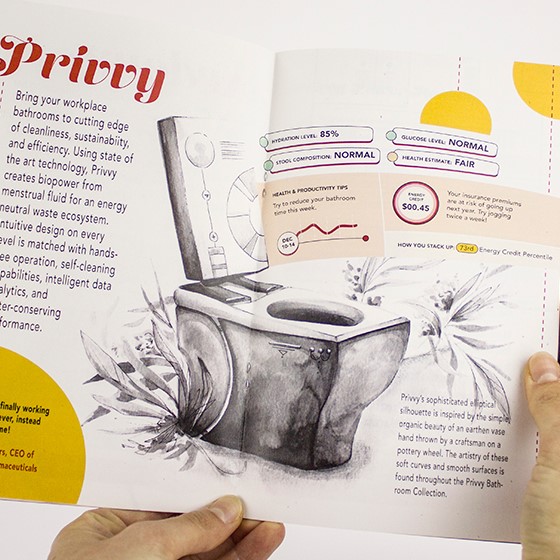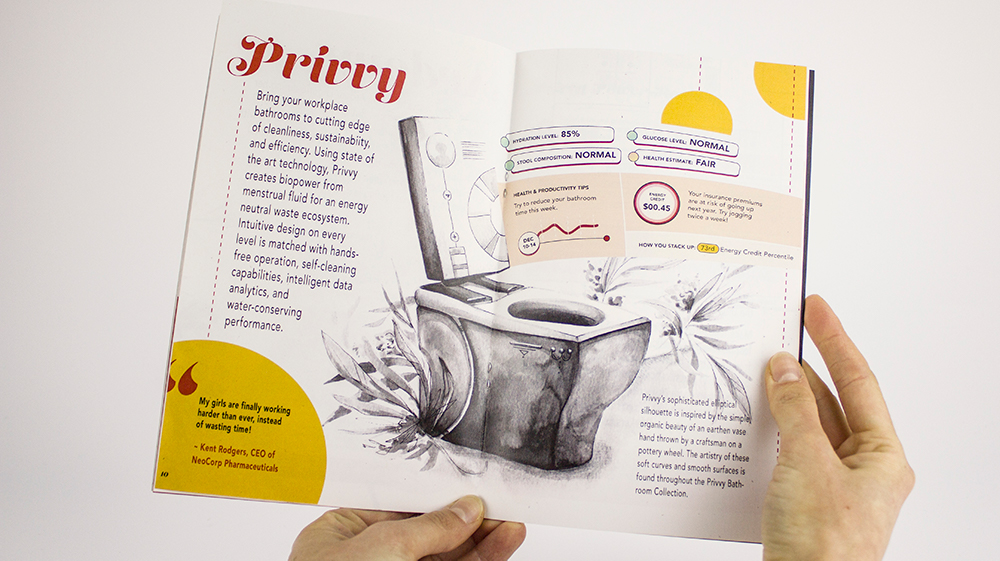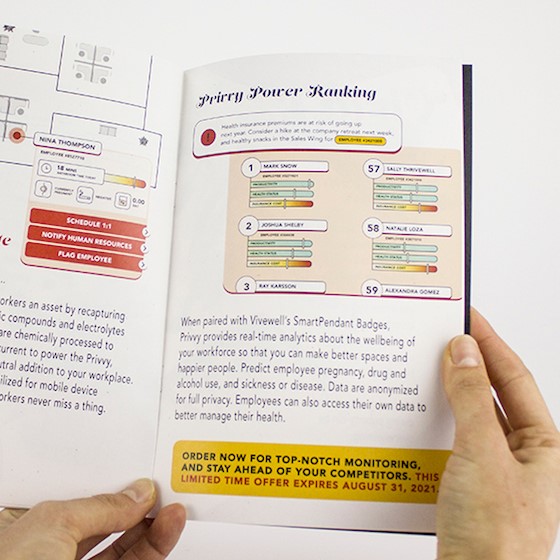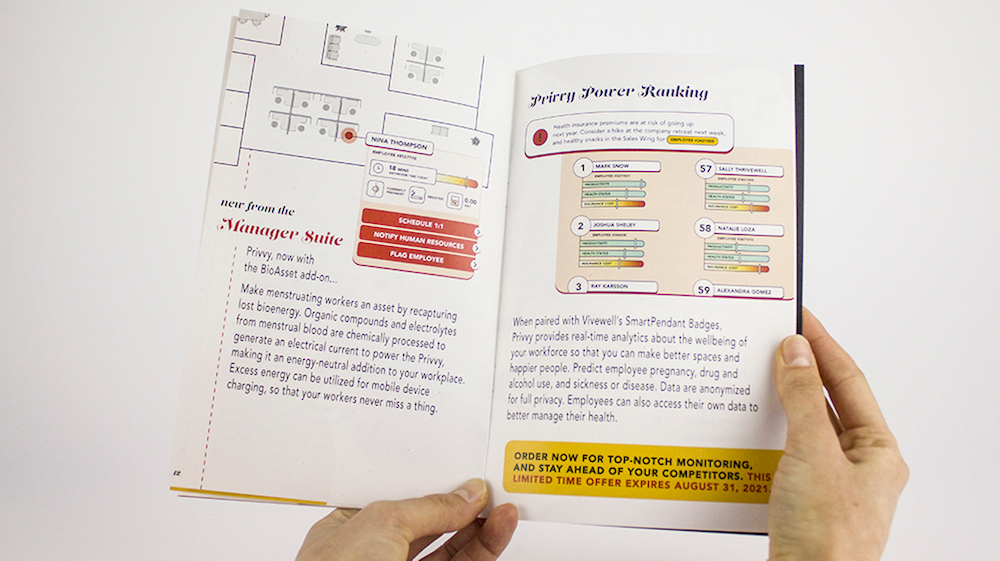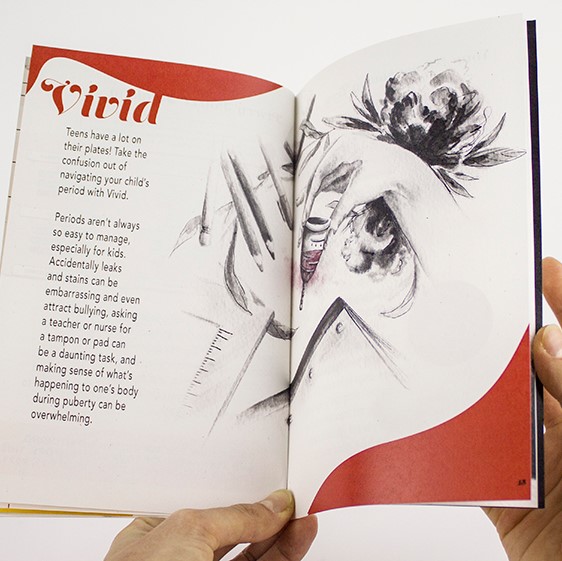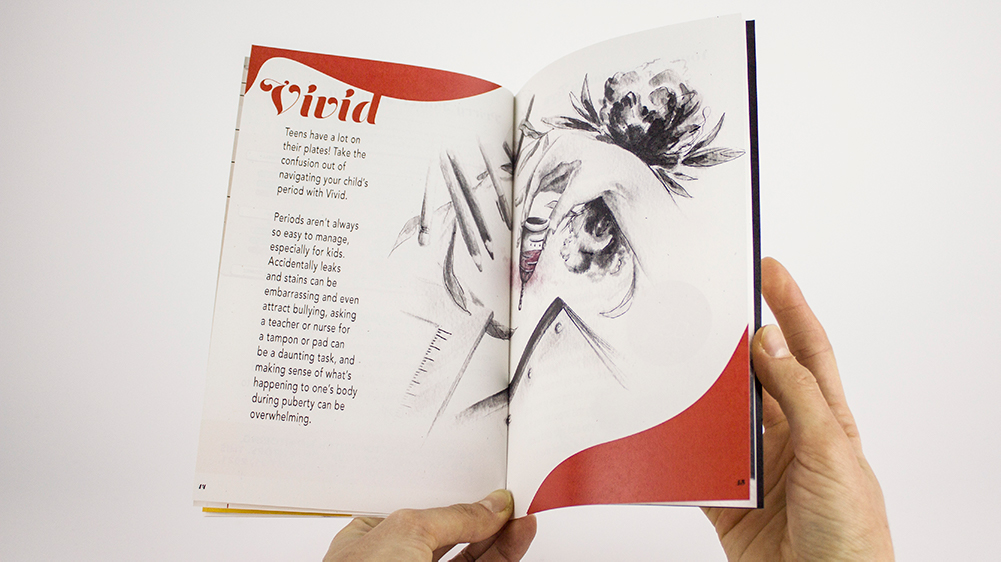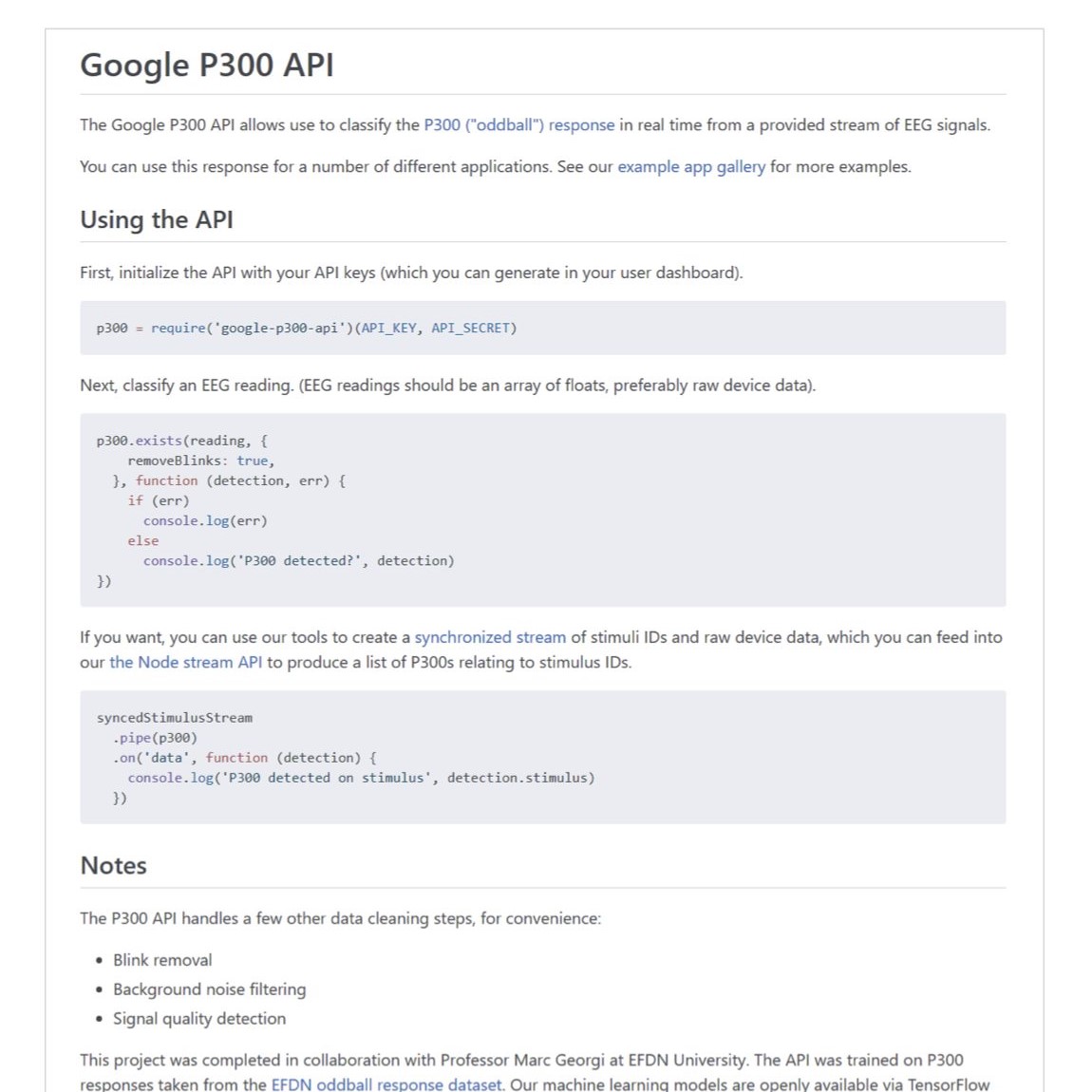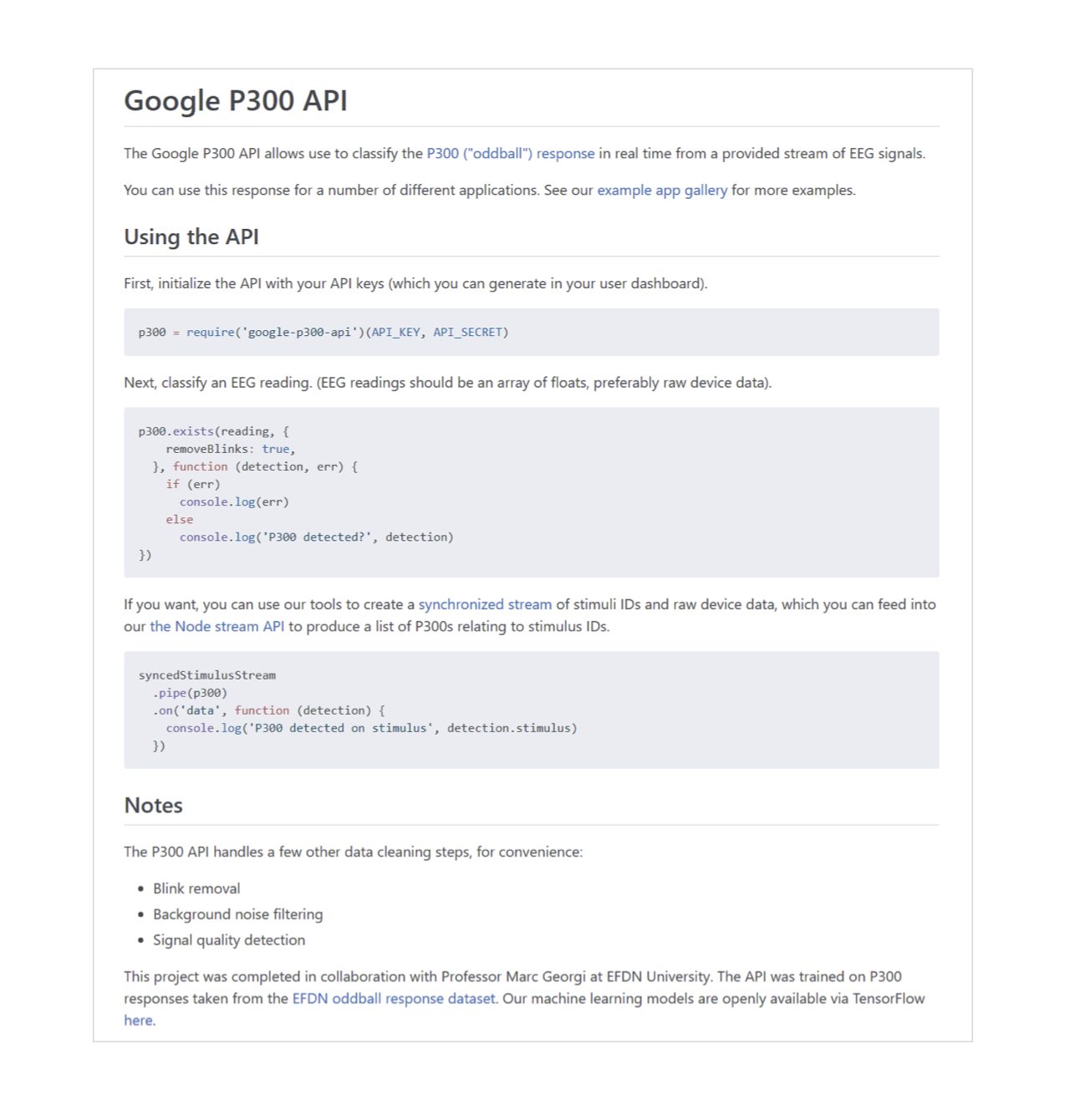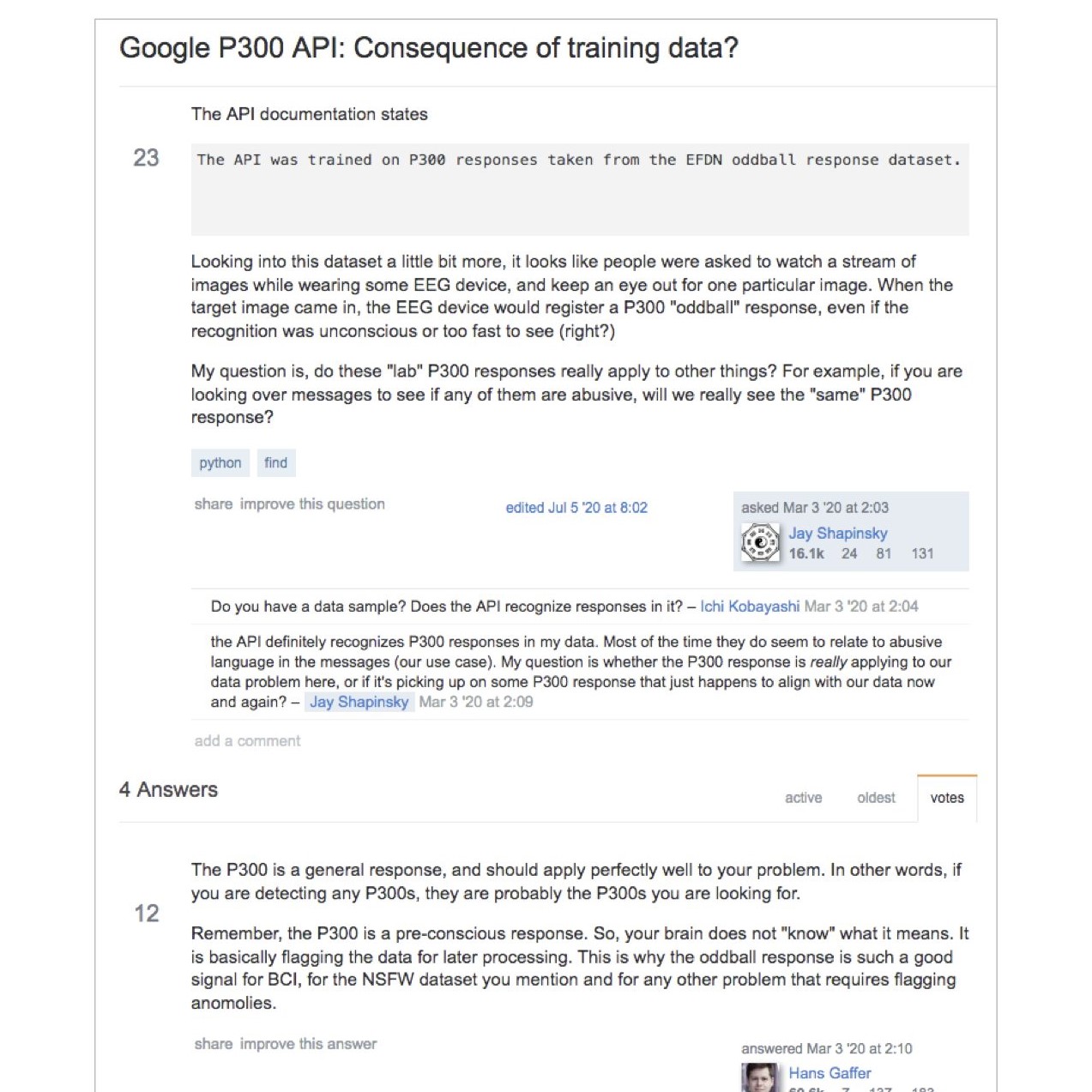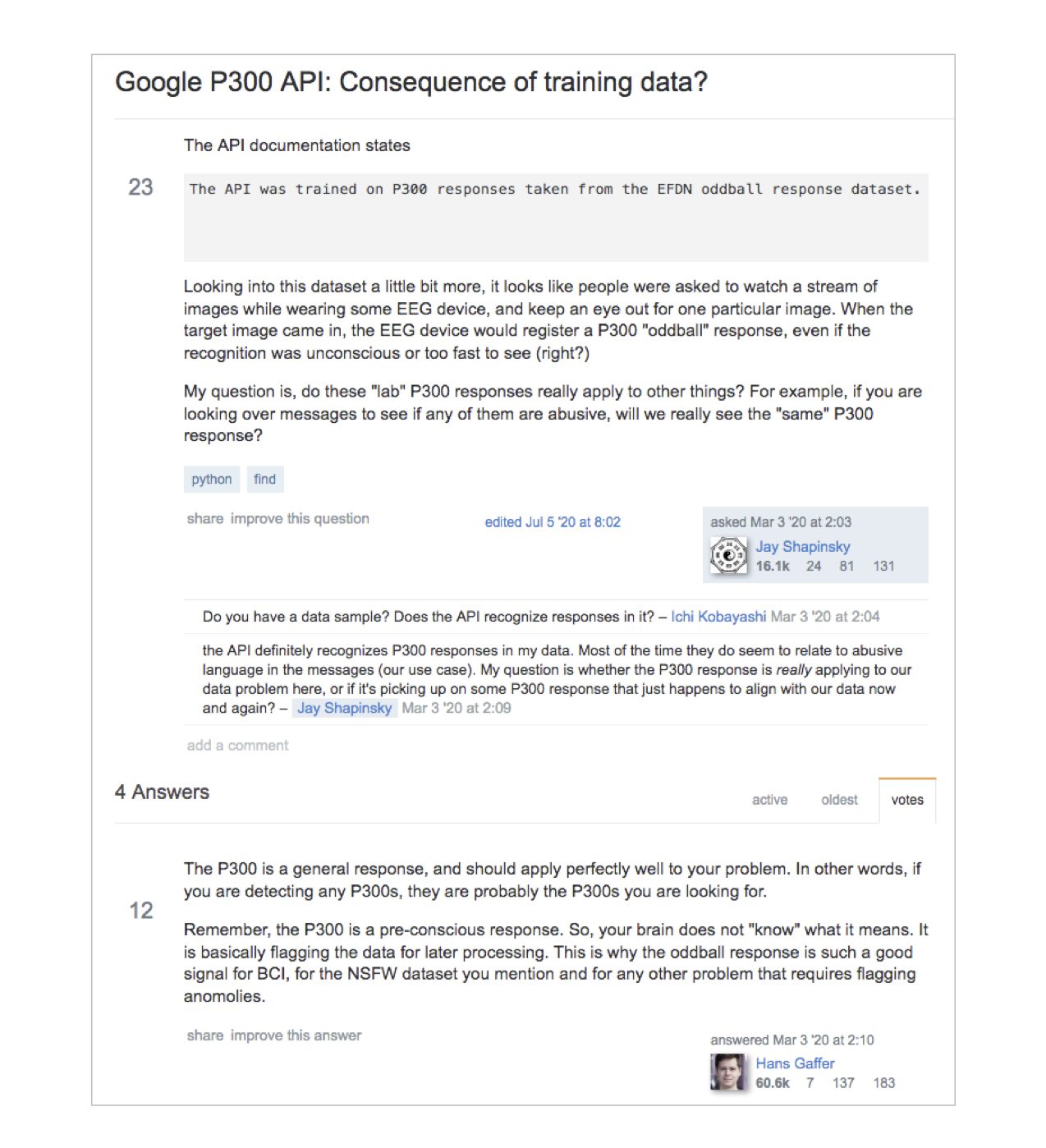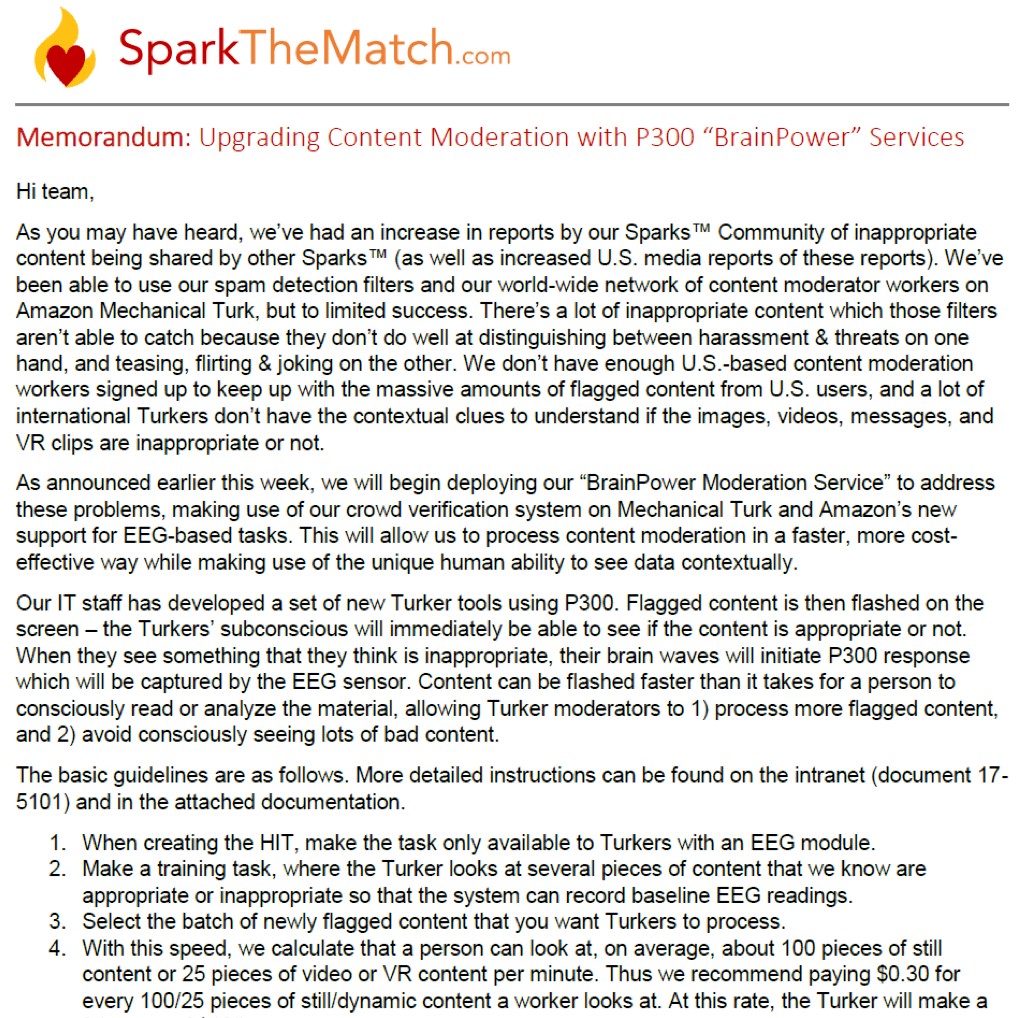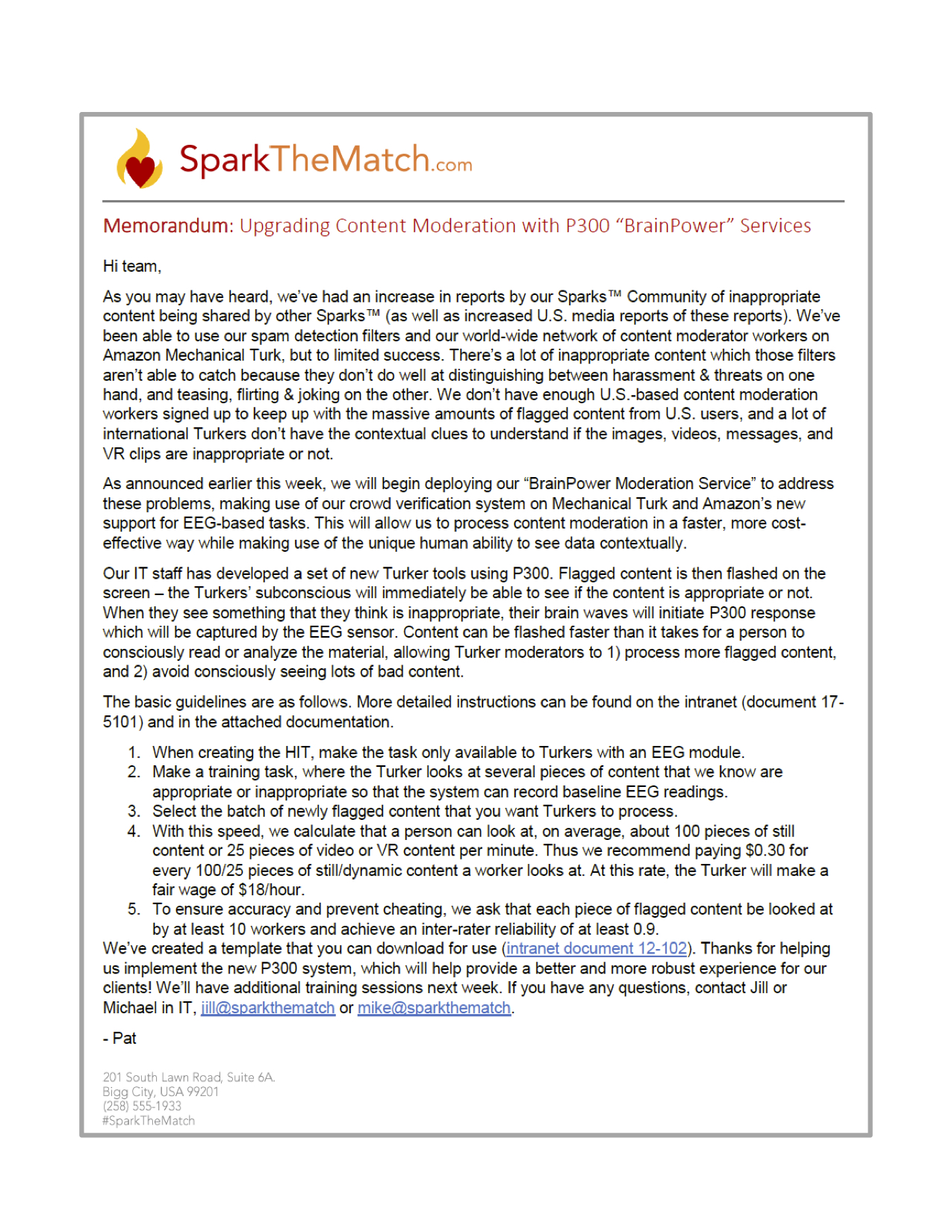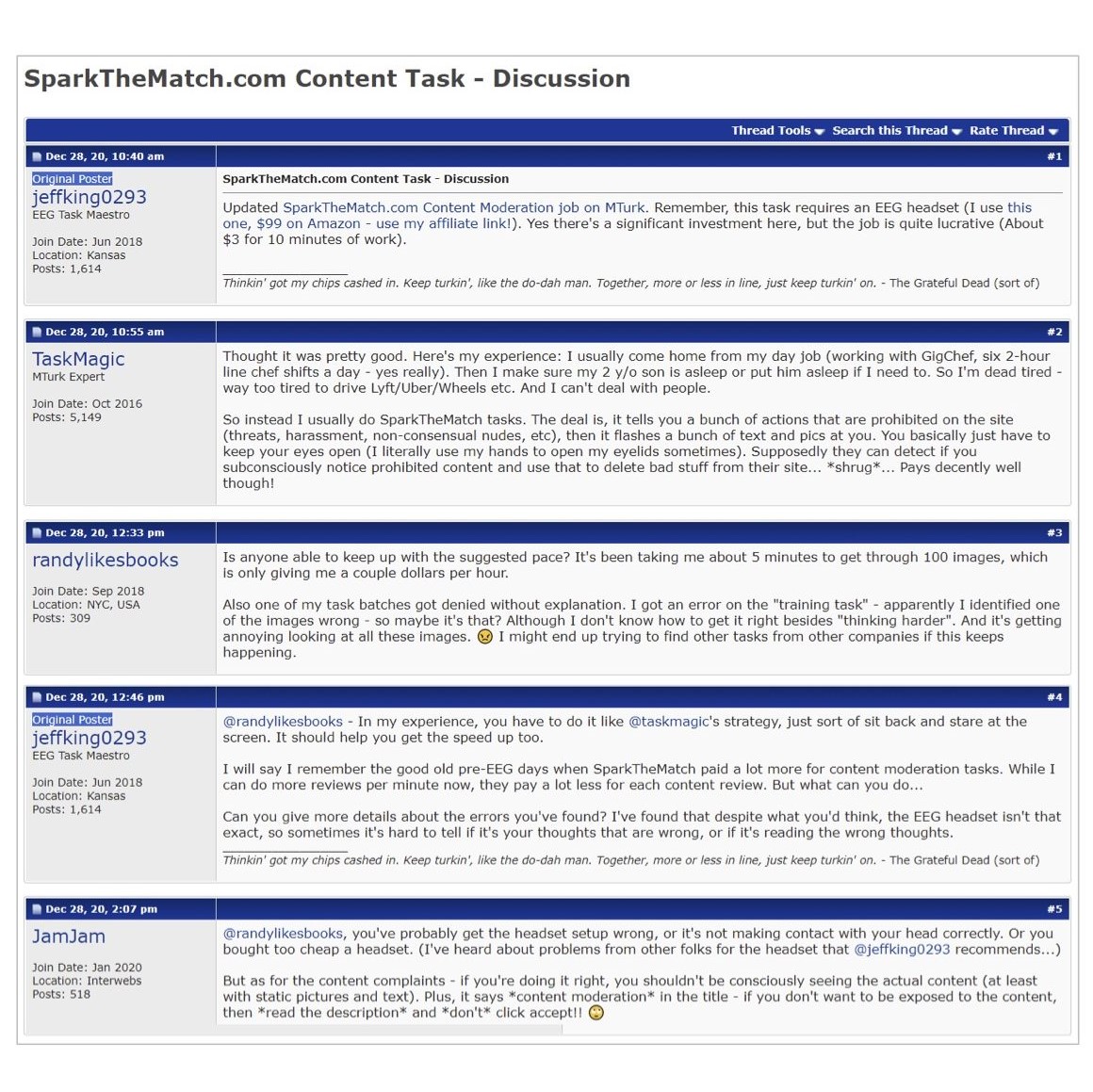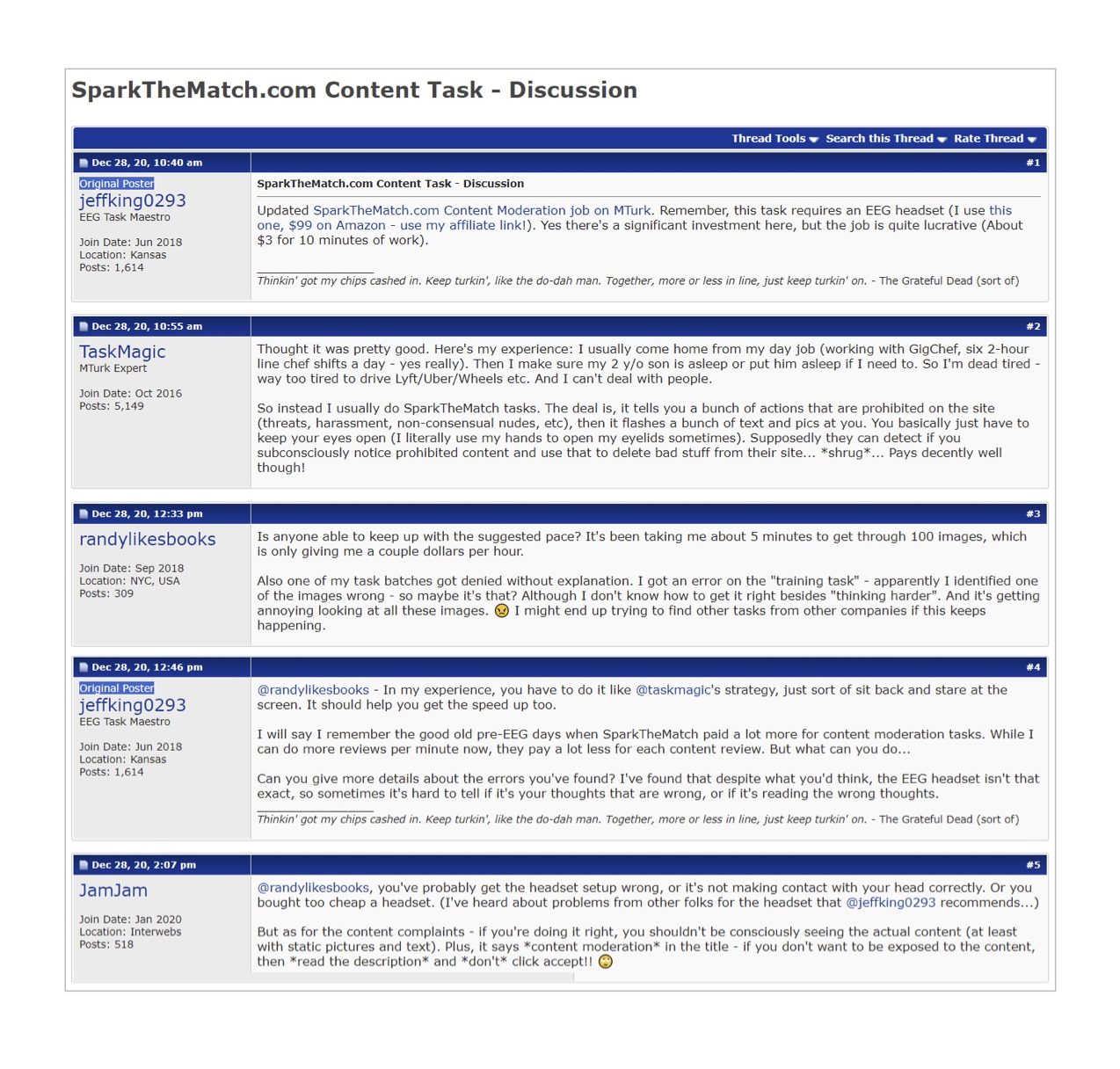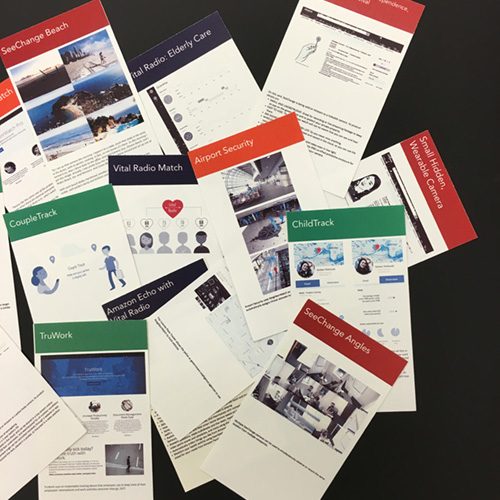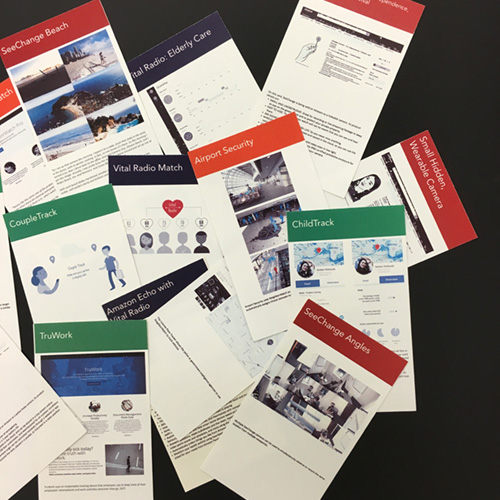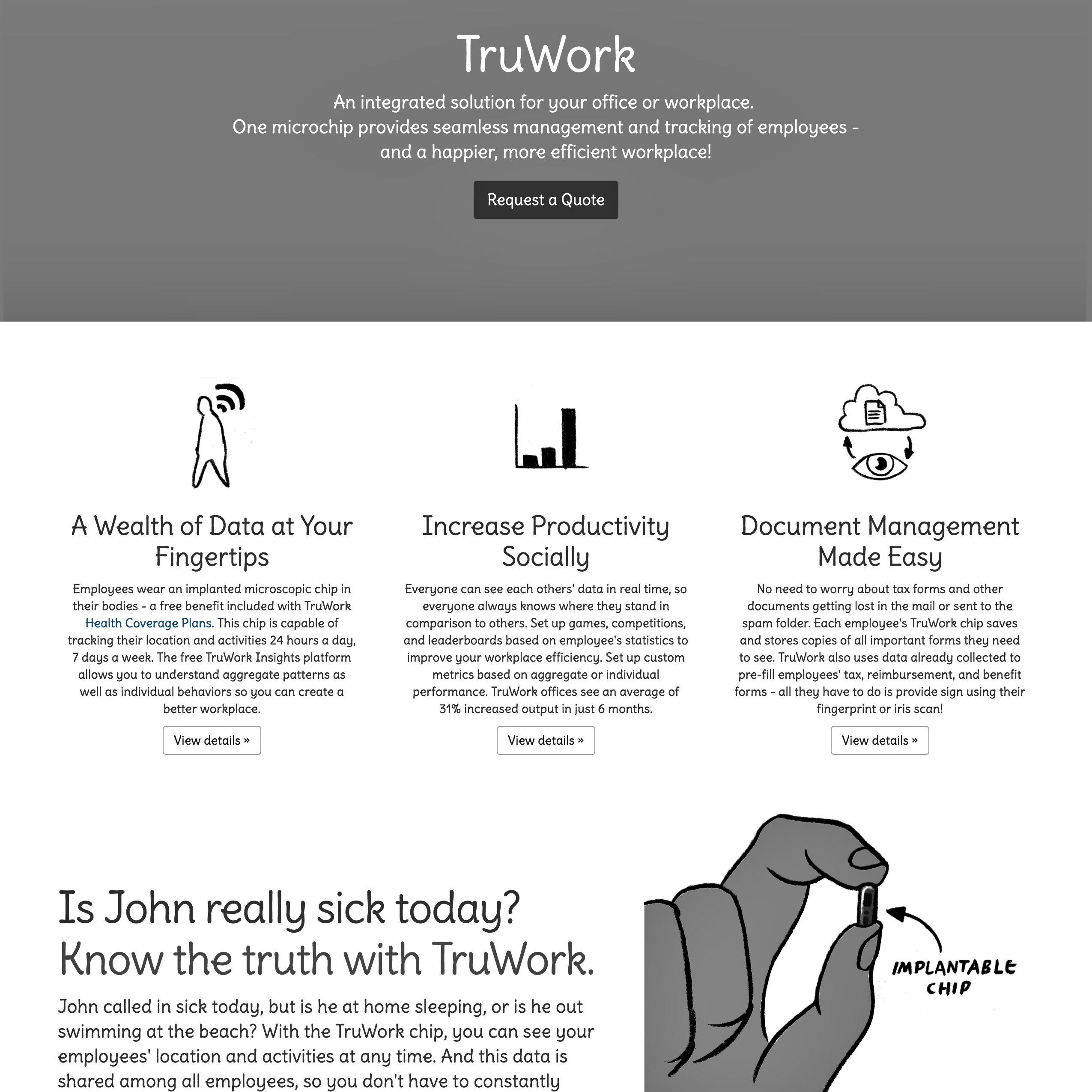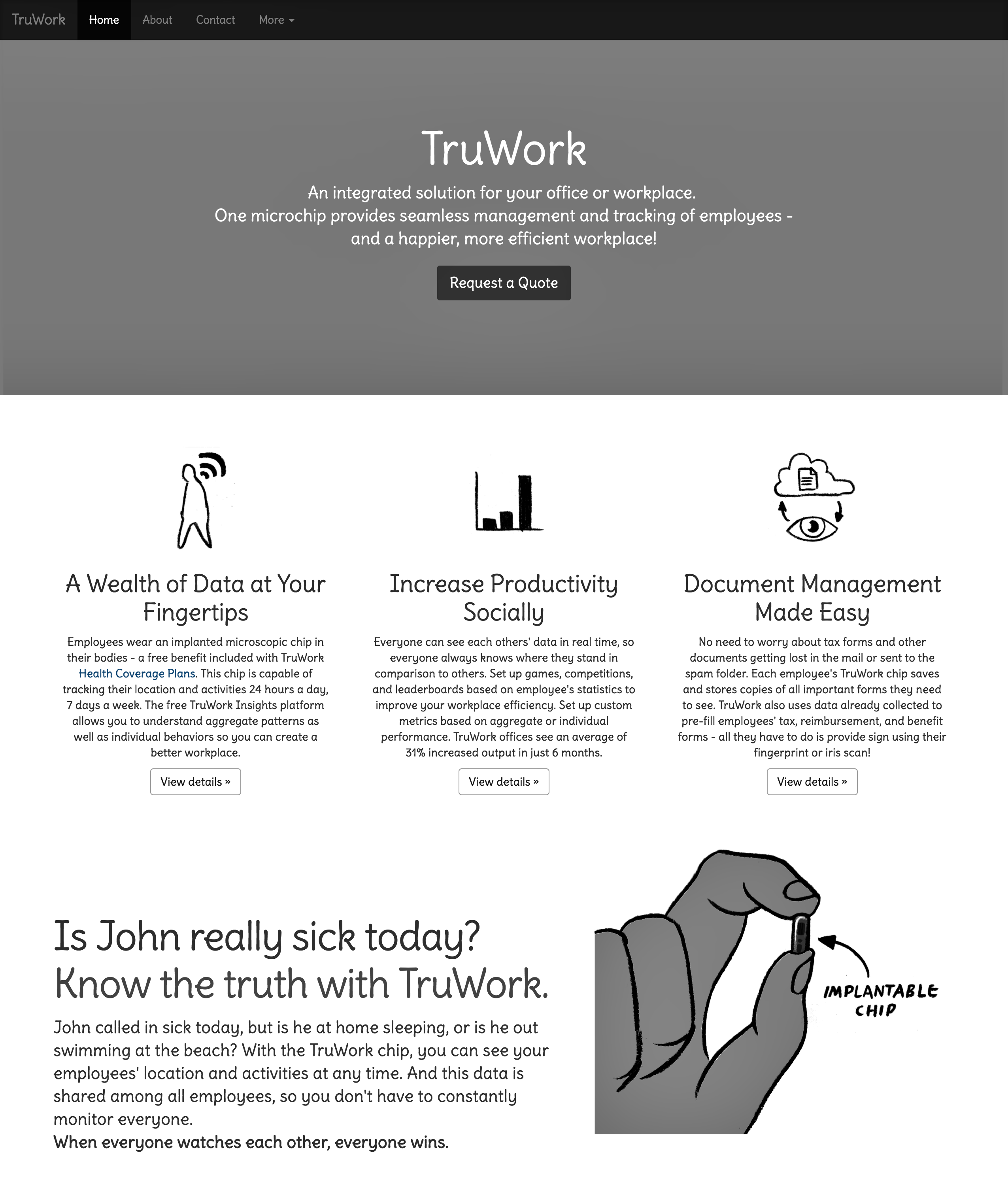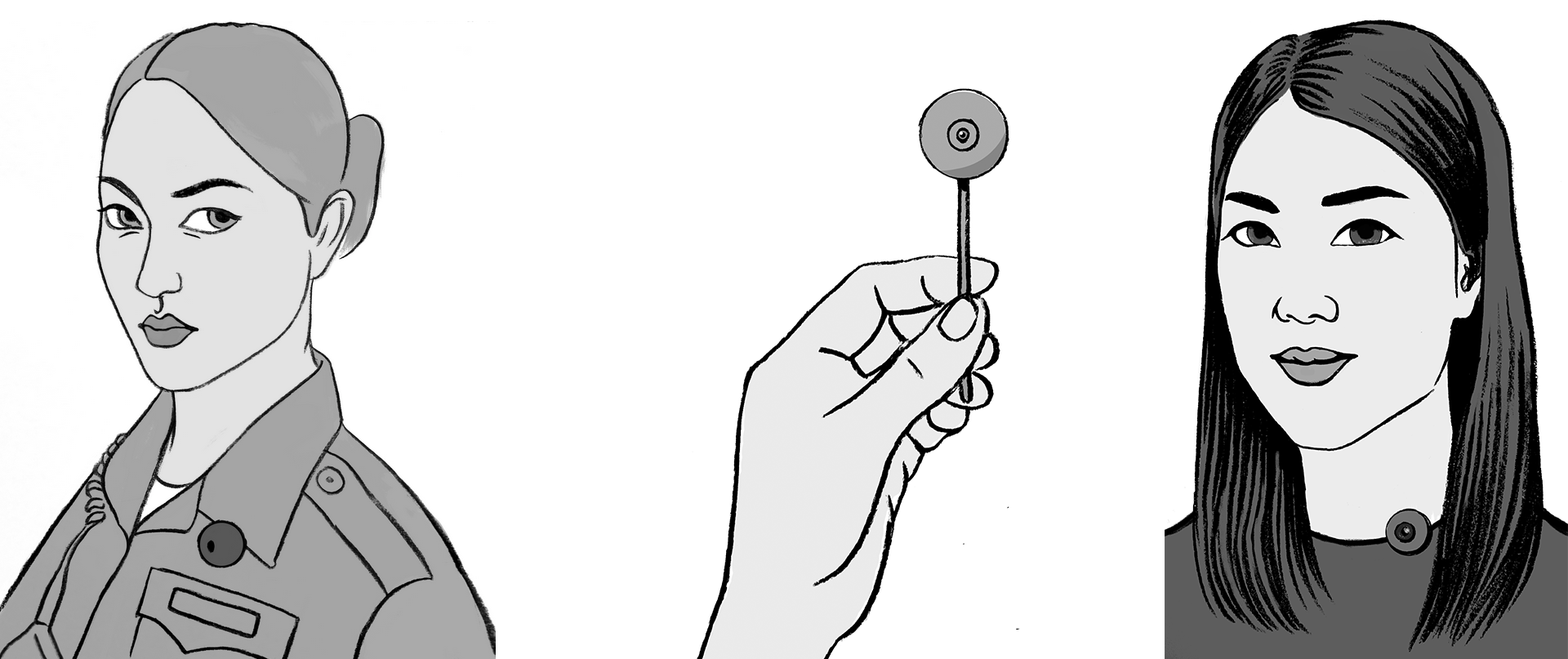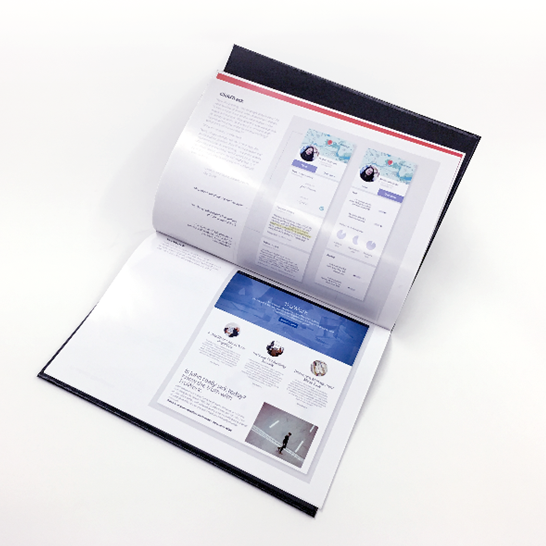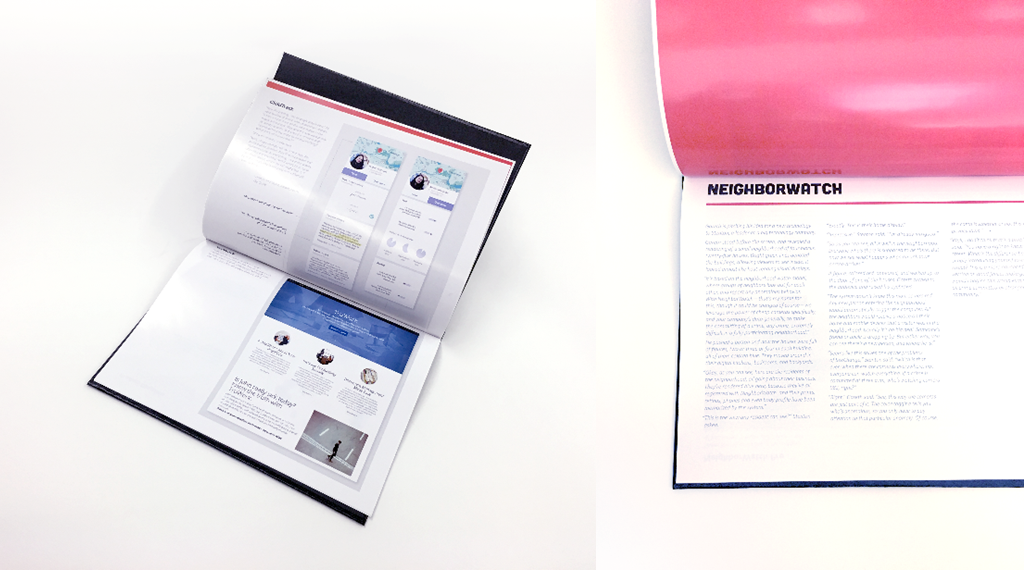Portfolio
Several of my research projects include design elements, which are documented here.
Timelines: A World-Building Design Activity
Collaborators: Tonya Nguyen
Timelines is a group design activity that helps surface discussion about social values and ethics in relation to technology. In Timelines, participants create a set of stories about a technology in a hypothetical future by generating news headlines and creating social media posts as they might be written by various stakeholders. By encouraging participants to think at both macro- and micro-levels, Timelines helps participants assess potential impacts at a broad scale while also considering the diversity of impacts a single technology can have. The activity's design is motivated by theoretical perspectives from design fiction, scenario planning, and value sensitive design. In order for Timelines to be facilitated in a wide range of settings, we designed the activity to be lightweight in terms of materials. View our Timelines Facilitation Guide (.pdf).
Relevant Publications:
Timelines: A World-Building Activity for Values Advocacy
Richmond Y. Wong and Tonya Nguyen. (2021)
In Proceedings of the 2021 CHI Conference on Human Factors in Computer Systems (CHI’21)
Design Fiction Memos of User Experience Professionals' Values Work
This project combines design fiction approaches with ethnographic research by using design fiction as a form of memoing, a qualitative analysis technique. This project uses design fiction memos to specifically analyze and reflect on ethnographic interviews and observational data about how user experience (UX) professionals at large technology companies engage with values and ethical issues in their work. The design fictions take the form of found documents--artifacts that could be present in the everyday workpractices of a UX professional. The Ethics Work Tracker is a fictional GitHub-inspired interface to track ethics-related work activities to consider the visibility and invisibility of doing this work. Ike the Icon is a Clippy-inspired ethics assistant that reflects on the emotional labor involved in surfacing values and ethical issues. A set of emails and slack channels from InnerCube and Anchorton Consulting focus on how values and ethics problems are entangled with organizational power dynamics, where UX professionals' concerns about an ethical issue are overruled.
Relevant Publications:
Using Design Fiction Memos to Analyze UX Professionals' Values Work Practices: A Case Study Bridging Ethnographic and Design Futuring Methods
Richmond Y. Wong. (2021)
In Proceedings of the 2021 CHI Conference on Human Factors in Computer Systems (CHI’21)
Ethics Strikebreaking: Reflecting on Values and Ethics in Design Practice with Design Fiction
Richmond Wong. (2019)
Workshop Position Paper. CHI 2019, Workshop on CHI4Evil
Vivewell: Speculations of Data Surveillance and Menstruating Bodies
Collaborators: Sarah Fox, Noura Howell, Franchesca Spektor
We explore how emergent menstrual biosensing technologies compound existing concerns for the everyday ethics of extracting and analyzing intimate data. Specifically, we review the data practices of a set of existing menstrual tracking applications and use that analysis to inform the design of speculative near future technologies. We present these technologies here in the form of a product catalog for a fictional company called Vivewell. Through this work, we contribute both a set of speculative design proposals and a case study of a design project that begins with the analysis of existing data policies. View the Vivewell Catalog Zine (.pdf).
Relevant Publications:
Vivewell: Speculating Near-Future Menstrual Tracking through Current Data Practices
Sarah Fox, Noura Howell, Richmond Wong and Franchesca Spektor. (2019)
In Proceedings of the ACM Conference on Designing Interactive Systems (DIS '19)
When BCIs have APIs: Probing Everyday Brain-Computer Interface Adoption
Collaborators: Nick Merrill, John Chuang
This project uses design fictions—fictional scenarios expressed through designed artifacts—to explore how brain-computer interfaces (BCIs) may be adopted, and what the social implications could be. Current narratives of BCI adoption tend toward the utopian or dystopian; in this project, we emphasize the mundane, and look at how BCI systems will scaffold upon existing infrastructures and power relations, particularly those surrounding labor, management and the gig economy.
We describe a scenario through multiple stages of the design process. First, we design a fictional API that monitors a basic BCI signal relating to unexpected stimuli. Then, we show a programmer’s question about the API on StackOverflow, asking if the API might be useful to detect unconscious responses generally. Next, we discuss an internal memo from a dating company seeking to use the API for content flagging, having workers look at flashing images of content and using the API to detect their unconscious responses to it. Finally, we show forum postings among the Mechanical Turk crowd workers who perform the human labor behind this BCI-powered moderation infrastructure. Through these fictions, we deepen and expand conversations around what kinds of (everyday) futures BCIs might create.
Relevant Publications:
Honorable Mention Award
When BCIs have APIs: Design Fictions of Everyday Brain-Computer Interface Adoption
Richmond Y. Wong, Nick Merrill and John Chuang. (2018)
In Proceedings of the ACM Conference on Designing Interactive Systems (DIS '18).
Using Science Fiction And Design Fiction To Elicit Privacy Values In Sensing Technologies
Collaborators: Ellen Van Wyk, James Pierce, Deirdre Mulligan, John Chuang
This project explores how science fiction and design fiction can be used to explore possible futures and elicit values surrounding emerging sensing technologies. In particular, we focus on values and issues related to privacy.
Inspired by technology trends, and representations of technology in the media and science fiction, we created a set of design fictions. Design fictions are a mix between science fact, science fiction, and design. These conceptual designs suggest speculative or alternate future worlds that imagine what the future might be like in order to help generate discussions about futures we want to see (and those that we want to avoid). By creating design proposals that explore connections between a fictional world and our present (and future) realities, we are able to explore, expand, and articulate a range of social, technical, and legal configurations of the future. We contribute a set of design fiction proposals, a case study of a design project that use design fiction to engage issues of privacy and surveillance, and we provide a need approach to creating design fiction – by using science fiction texts as a starting point for design. View a sample of the design fictions (.pdf).
Relevant Publications:
Best Paper Award
Eliciting Values Reflections by Engaging Privacy Futures Using Design Workbooks
Richmond Y. Wong, Deirdre K. Mulligan, Ellen Van Wyk, James Pierce and John Chuang. (2017)
Proceedings of the ACM Human Computer Interaction (CSCW Online First). 1, CSCW, Article 111 (November 2017)
Real-Fictional Entanglements: Using Science Fiction and Design Fiction to Interrogate Sensing Technologies
Richmond Y. Wong, Ellen Van Wyk and James Pierce. (2017)
In Proceedings of the ACM Conference on Designing Interactive Systems (DIS '17)
Using science fiction texts to surface user reflections on privacy
Richmond Y. Wong, Deirdre K. Mulligan, and John Chuang. (2017)
Poster Presentation. In Proceedings of the 2017 ACM International Joint Conference on Pervasive and Ubiquitous Computing and Proceedings of the 2017 ACM International Symposium on Wearable Computers (UbiComp '17)
